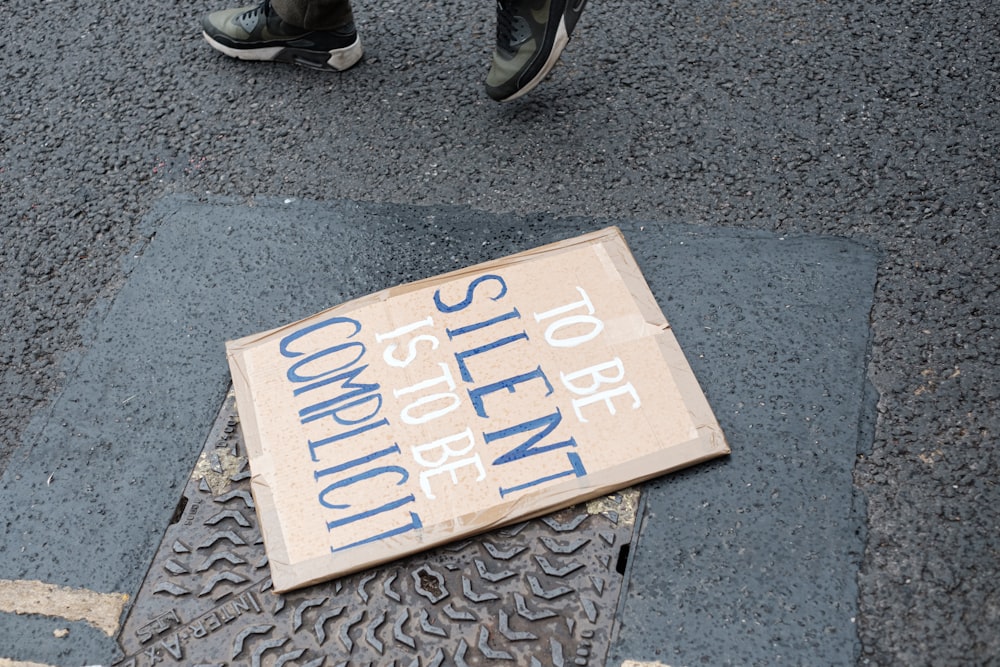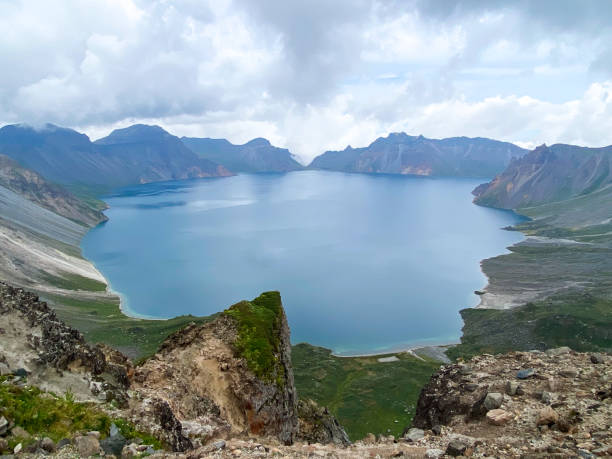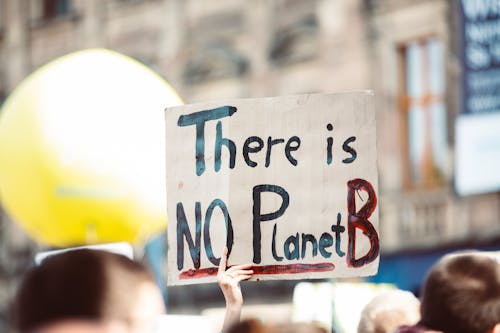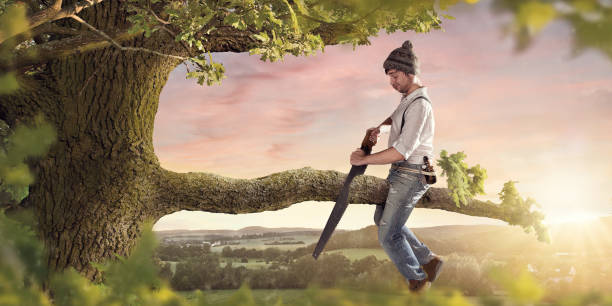
In the Eyes of the Believer column of the Catholic Times, a pastor gives his reflection on what he sees happening in the religious life in Korea.
Have we really entered an era of 'dereligionization'? According to a recent survey by a Protestant research institute, only 4 out of 10 Koreans consider themselves religious. If we look more specifically, in our country, religious people are 37% and non-religious people are 63%. Compared to the past, the decline in religion is serious.
Twenty years ago, in the early 2000s, religious people accounted for more than 50%, but since 2012, the phenomenon of 'dereligion' has accelerated in all religions, including Buddhism, Protestantism, and Catholicism. Of course, the negative impact of COVID-19 may have also played a role. Moreover, only 19% of the young generation, especially those in their 20s, are religious. Only one out of five young people consider themselves religious.
According to these statistics, the percentage of Catholics decreased from 10.1% in 2012 to 5.1% in 2022. In other words, the number of believers has halved in 10 years. If this trend continues, it is expected to decrease to 2.5% in the next 10 years. He can't believe this phenomenon. Since this is a statistical survey focusing on the current status of Protestantism, he wonders about the accuracy regarding Catholicism but feels anxious.
We introduce information that can be used as a reference in the statistical survey on Protestant churches. It is said that the number one reason Protestants gave up religion was ‘because they were not interested in religion.’ It is said that the second most common reason for abandoning religion was ‘distrust and disappointment in Christianity.’ However, an interesting fact is that the top reason given by non-religious people for not believing in religion was ‘not interested in religion’, and ‘distrust and disappointment in religion’ were also ranked second. I think that if we Catholics were to conduct a survey, similar results would probably come out.
The fact that the biggest reason religious people abandon their religion is ‘because they are not interested in religion’ means that times have changed greatly. As our country has now entered the developed world and its social, economic, and cultural standards have increased, our way of life has changed greatly. As the 4th Industrial Revolution occurs, digital culture is evolving into robots and AI, and various sports and entertainment are influencing the world. Therefore, regarding the phenomenon of 'dereligionization', a scholar's statement that “we are increasingly less inclined to agree with the transcendental nature of religion” seems very credible.
The church must learn how to persuade critically orientated modern humanity of Christianity. That leads to the task of new evangelization or cultural evangelization. I believe that the future of the church will depend on whether or not the church provides an appropriate alternative to this task. In addition, we must reflect on the second most common reason for abandoning religion, ‘disbelief and disappointment in Christianity,’ from the Catholic perspective and reflect on this.
Last week, the statue of Father Andrew, Kim Taegon, Korea's first priest, was installed at Peter's Basilica in the Vatican, the first for an Asian in Catholic history, serving as an opportunity to raise the status of Korean Catholicism globally. Nevertheless, he is concerned that internally, we are in a ‘league of our own’ that cannot escape the boundaries of the church, closed and church-centered.
I think one of the ways for religion to survive despite the inevitable trend of the abandonment of religion is to realize the ‘public nature of religion.’ The values and meanings presented by religion must be able to give meaning to the times and people's lives. To that end, he believes that only churches that are open to the community, churches that communicate with the community in various ways, and churches that can play the role of care and healing as a field hospital at any time will be sustainable in the future.





